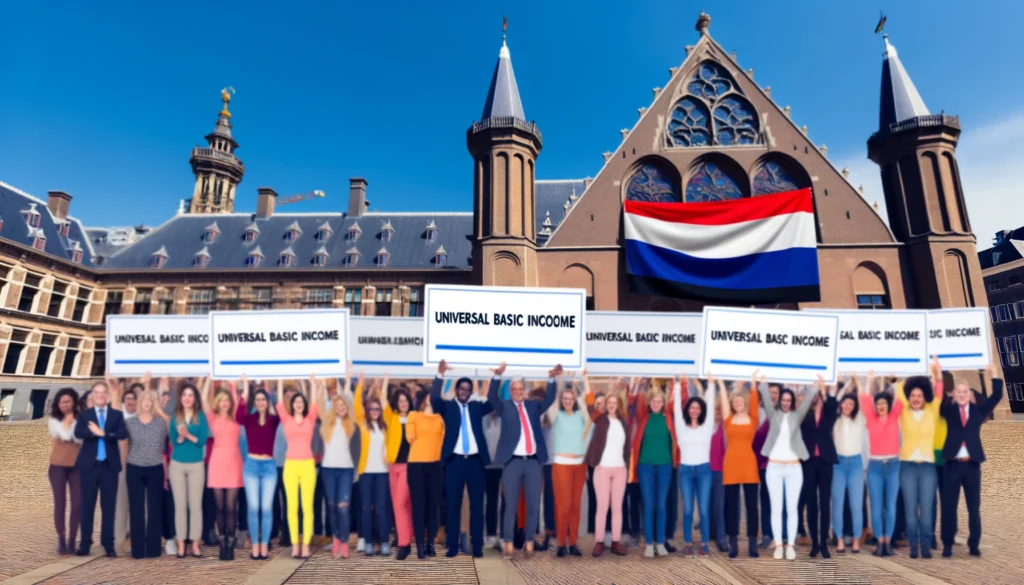The concept of a basic income has recently gained a lot of attention in the Netherlands. There is even an association and a political party established for it. The idea faces resistance primarily because it conflicts with the existing work ethic. Think of statements like, “Those who do not work shall not eat.” Some people also assume that if people receive free money, they will no longer want to work. They fear that their neighbors would rather lounge on the couch, flipping through TV channels.
Research has been conducted on this topic, and the results are surprising. First, it turns out that people become happier with a basic income. While that may not be very surprising with free money, it also turns out that people start living healthier lives. And that is indeed surprising. Moreover, people hardly work less when they receive a basic income. To the extent that they do work less, they use that time mainly to pursue further education, do more volunteer work, or provide more informal care. All things that no one can really oppose.
Finally, people also experience greater job satisfaction in their paid jobs. This is probably because, with a guaranteed basic income, they are more willing to seek a job they truly enjoy. In this system, there is also no longer a poverty trap. Currently, in the Netherlands, benefit recipients may initially be financially worse off when they start working because some of their benefits are reduced.
A second objection is the question: who will pay for this? The answer from the association advocating basic income is perhaps very surprising. They calculated that a basic income of €1,600 net per month for every adult Dutch person is already achievable if we stop recycling money in the benefits circuit. In the Netherlands, we indeed have a whole system of various allowances, benefits, and income-dependent subsidies. And all this needs to be registered and controlled. Suppose we put all those benefits, income subsidies, and allowances into the basic income pot, along with all the administrative and implementation costs and benefit monitoring and auditing. In that case, there would be enough for a basic income of over €1,600 per month per adult Dutch person.
According to these calculations, the sum of all benefits, deductions, allowances, mortgage interest deductions, and student loans, according to the 2021 national budget, amounted to €260 billion. Based on 12.7 million adults, that is over €20,400 per year. A household with two adults would then receive over €3,200 tax-free every month.
